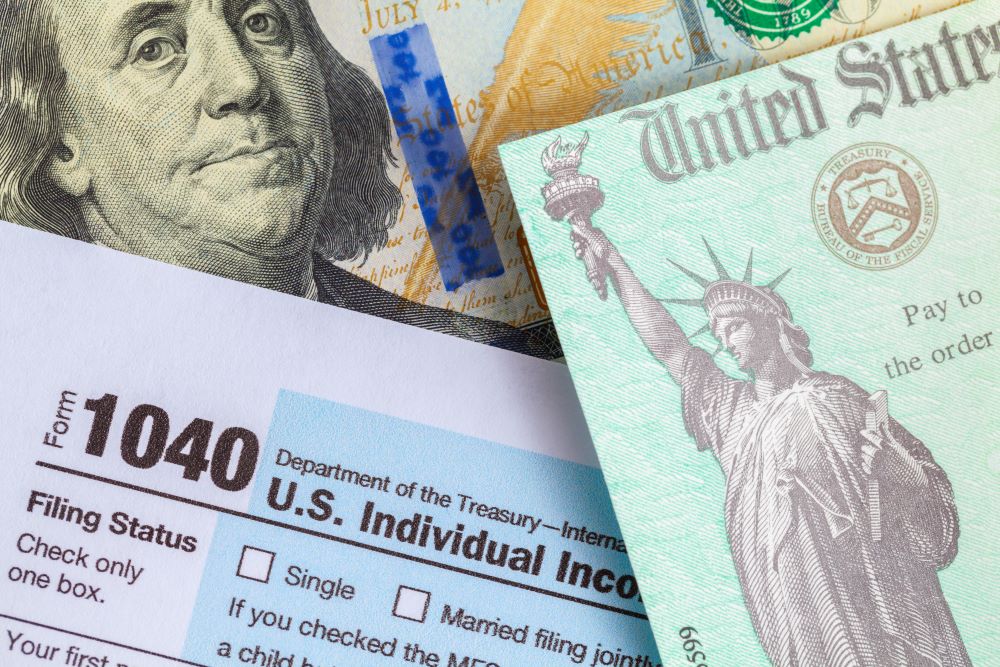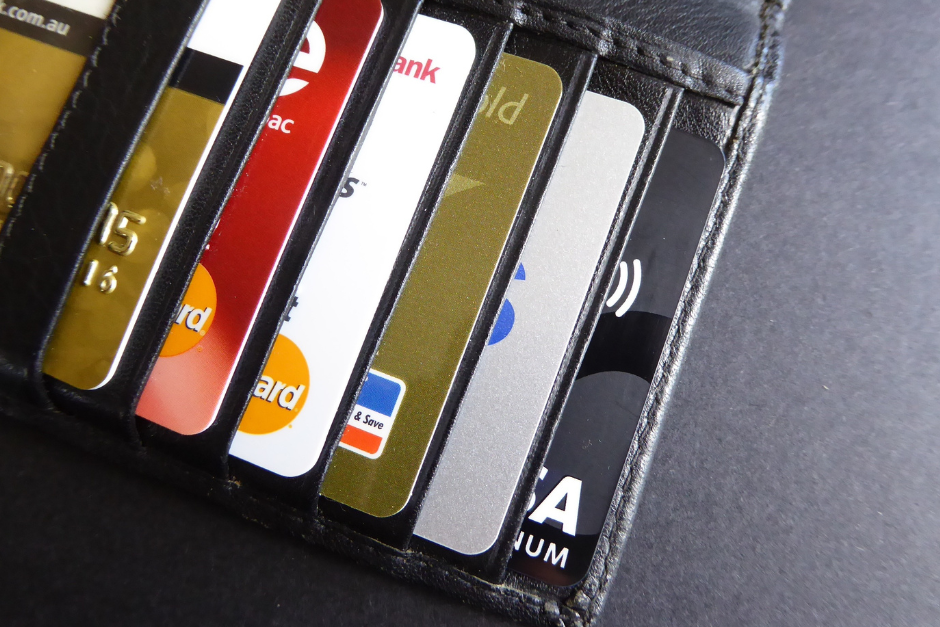
Shopping deals are popping up early this year, with many retailers offering deals well ahead of the traditional Friday after Thanksgiving. But shopping this year may look a little different since the COVID-19 pandemic has altered consumers’ shopping and spending habits.
The Centers for Disease Control and Prevention recently issued guidance for Thanksgiving-related holidays. It notes that shopping in-person around the holidays is a higher-risk activity. The reality is that with the pandemic headlines gripping the nation, more shoppers are likely to be doing their holiday shopping online this year both out of convenience and due to safety concerns.
So, you may be wondering what the best way to pay for these transactions might be? Should you opt to pay with a debit or credit card? As with most financial decisions, your finances can help dictate your best option.
Pros and Cons of Using a Debt or Credit Card
Debit Card
If you are worried about your budget amid COVID-19, it’s probably best to stick to debit, which is linked to the cash amount you have available in you checking account. With some of us out of work, making ends meet is undoubtedly a struggle. Adding in the expense of gift buying during the holiday could push you over a debt cliff, which is not suitable for your mental sanity or your credit. To be sure you aren’t spending beyond your means, it might be wise to set a holiday shopping budget and fund it with cash.
Shoppers also are more debt-averse given the uncertainty in the markets, and debit cards – which have a finite spending limit based on the available money in your checking account – have become the favored method of spending over credit cards as a result.
However, one major drawback is that debit cards withdraw your money immediately since the card links directly to your checking account, creating a potential vulnerability if you have problems with a purchase or the card number gets hijacked. Keep in mind that your liability for unauthorized charges on your debit card is capped at $50 if you report it within two business days.
Another cash-like option that you could use to help you limit your risk, particularly if you are shopping from a retailer you don’t know much about, is a low-value pre-paid debit card that can help you limit your risk. A $50 pre-paid card, for example, reduces your exposure to that exact $50 amount (when the money is gone, the card simply stops working) and isn’t linked back to any of your other accounts.
Credit Card
If you’ve been lucky enough during the pandemic to not have lost your job, using a credit card could be a way to save extra money this holiday season. That’s because some cards pay you back in cash or points a percentage of the amount of each transaction. These cards tie rewards or points to your spending.
Credit cards not only have better rewards programs, but they also can offer better fraud protections. They also can offer other retail perks like extended warranties and purchase protection. If you are unfortunate to be a victim of credit card fraud this season, federal regulations say you won’t have to pay while the card company investigates. Most major credit cards offer $0 liability for fraudulent purchases.
Some vendors also offer the option of virtual credit card numbers. They allow you to shop online without giving vendors your actual card number.
Be wary of store credit cards, however. There’s no denying that these cards may benefit shoppers in several ways. However, they also can negatively impact your credit score and cost you more in the long run.
That's because you have to undergo a hard credit inquiry to get the credit card. That hard inquiry appears on your credit report. It may not impact your credit scores too much if that’s the only credit card or loan you’re applying for, but if you also have had hard inquiries for a car loan, new home purchase or rental and credit card, it might cause your score to drop.
Whatever option you decide to use, make sure you protect your data when shopping online for the holidays. After purchasing gifts, keep an eye on all your accounts and bank statements for suspicious activity.
One helpful and easy way to stay on top of your credit scores and suspicious activity is finding a valuable credit report monitoring service.






